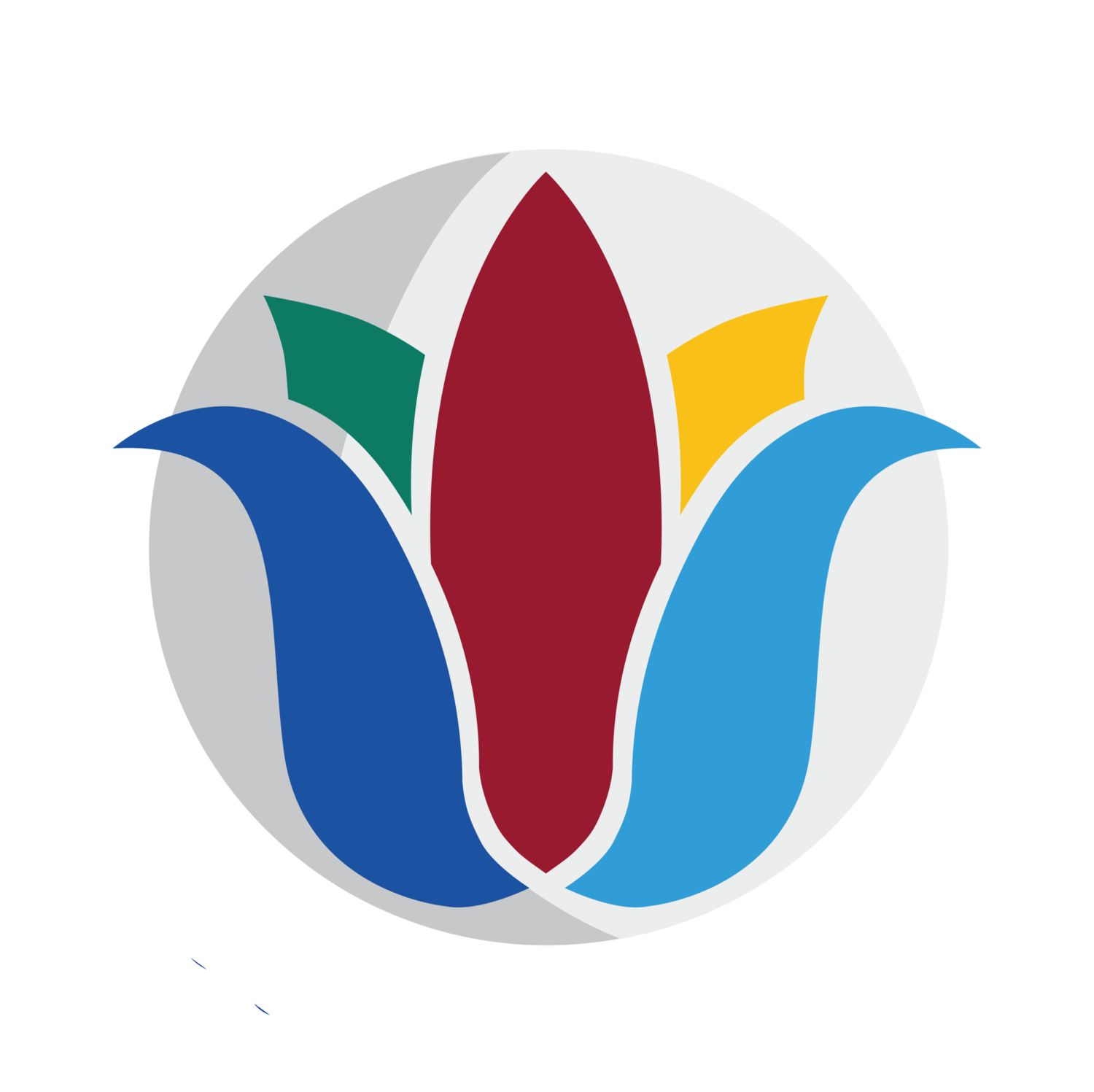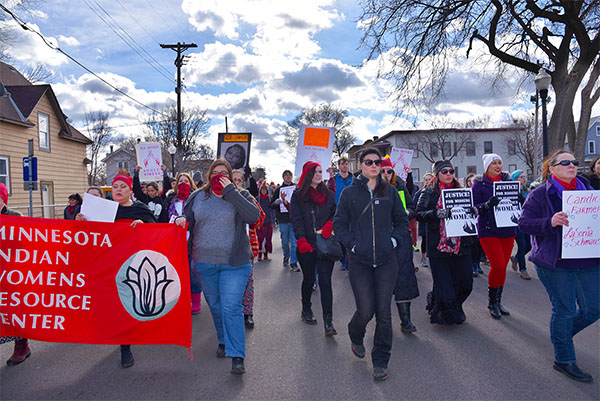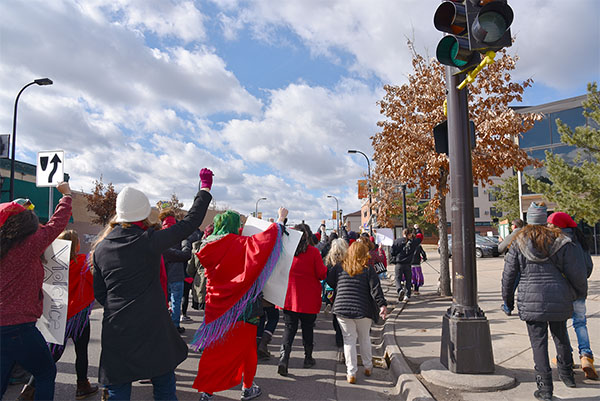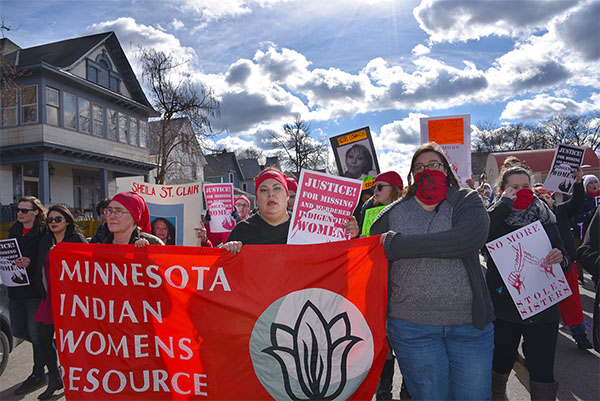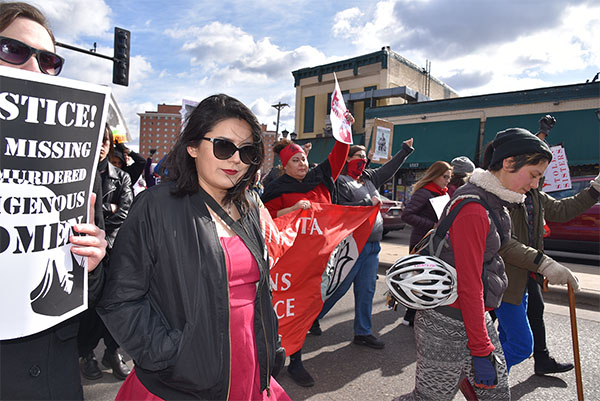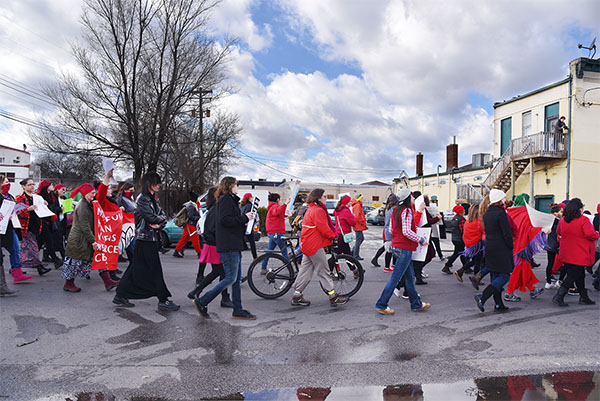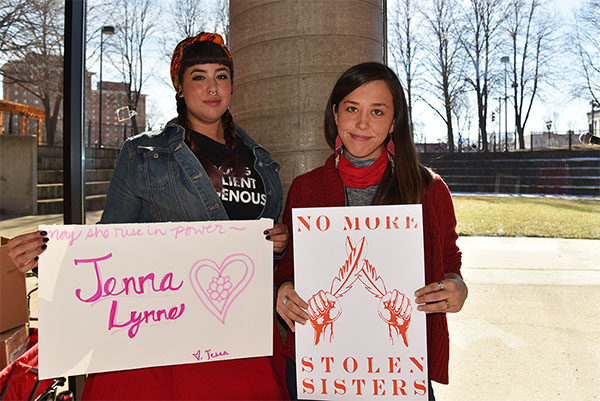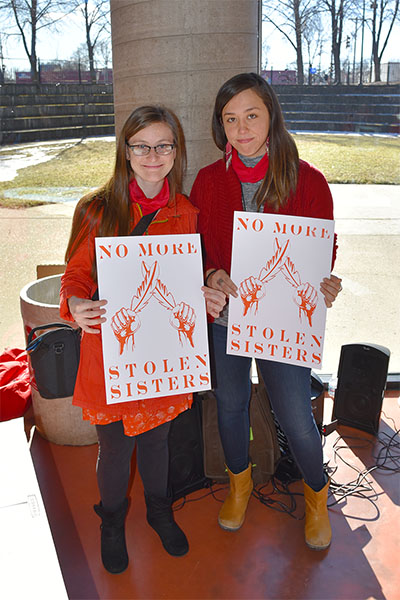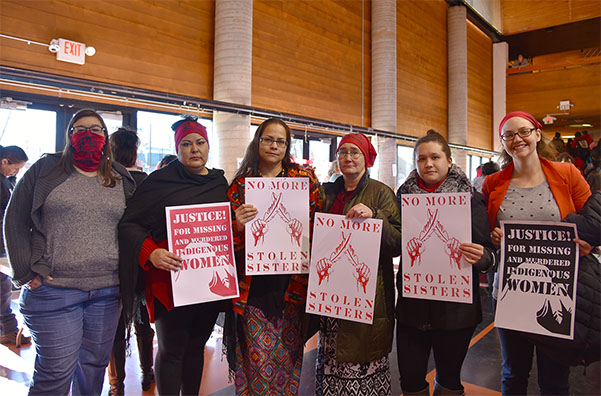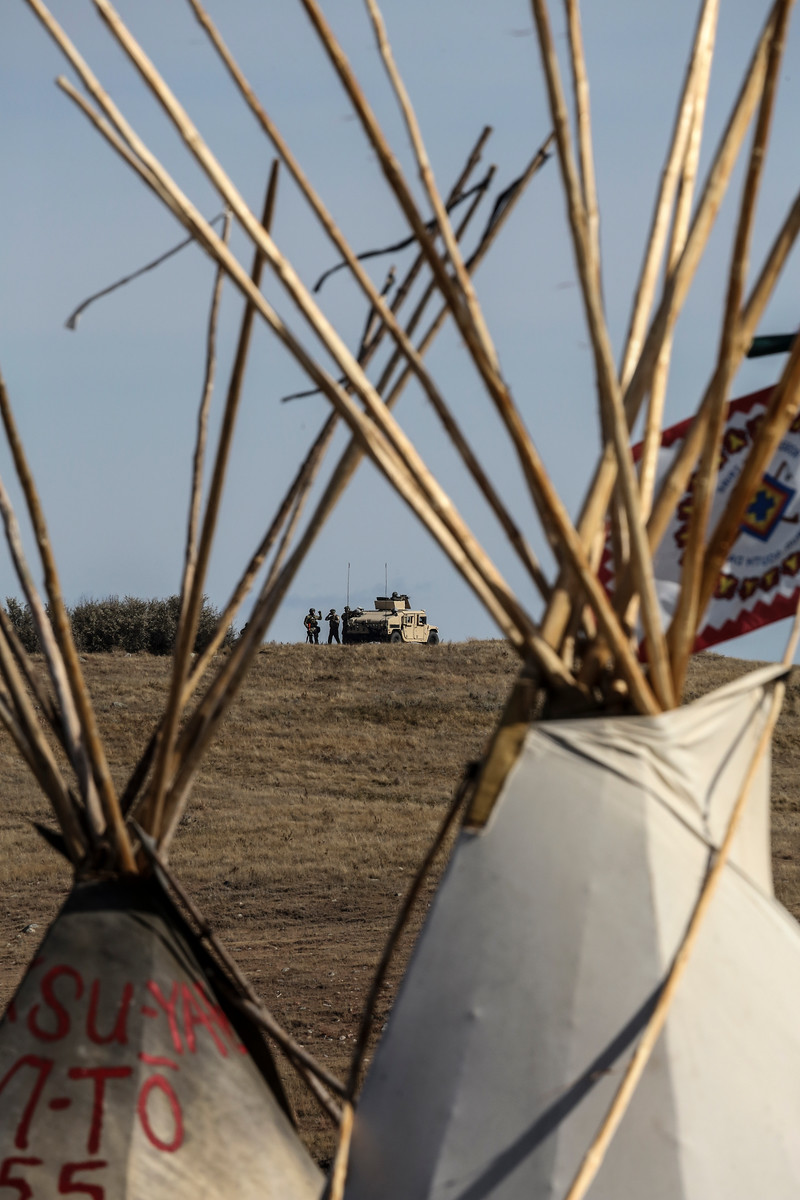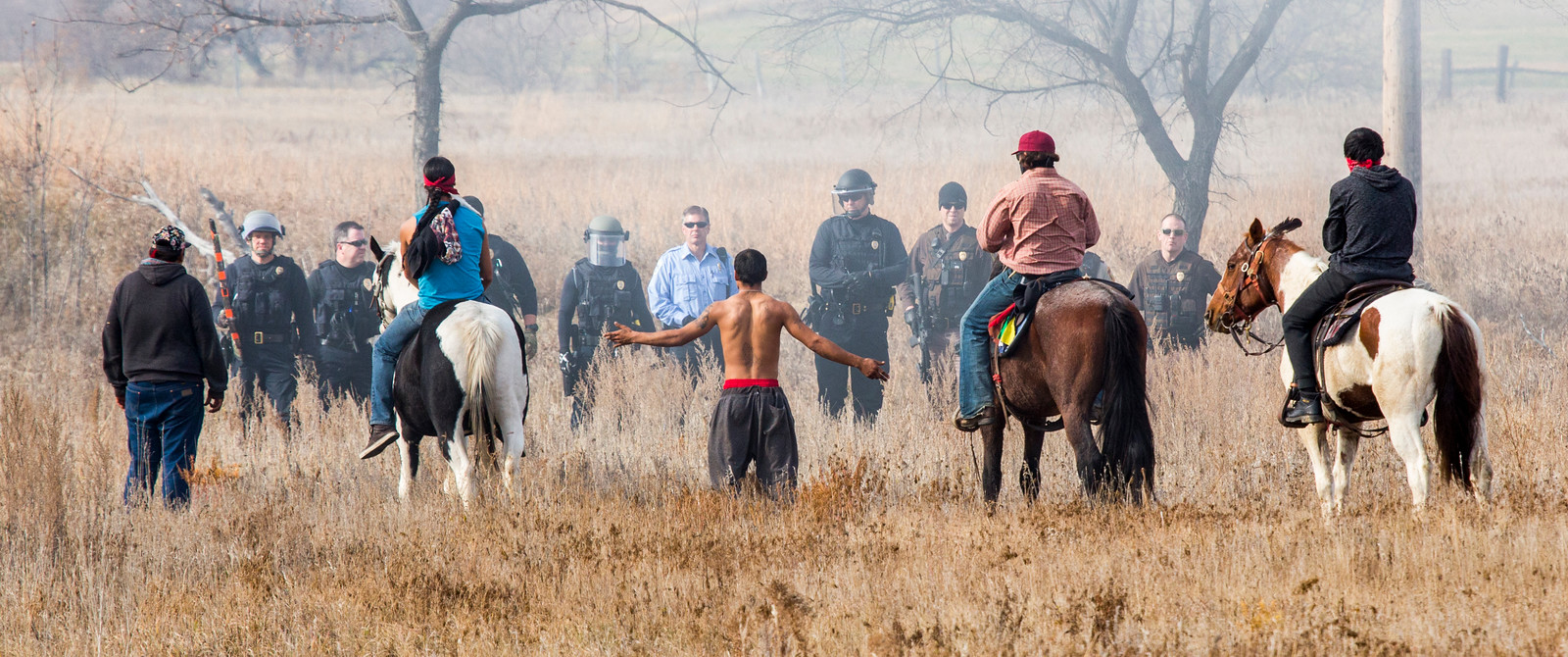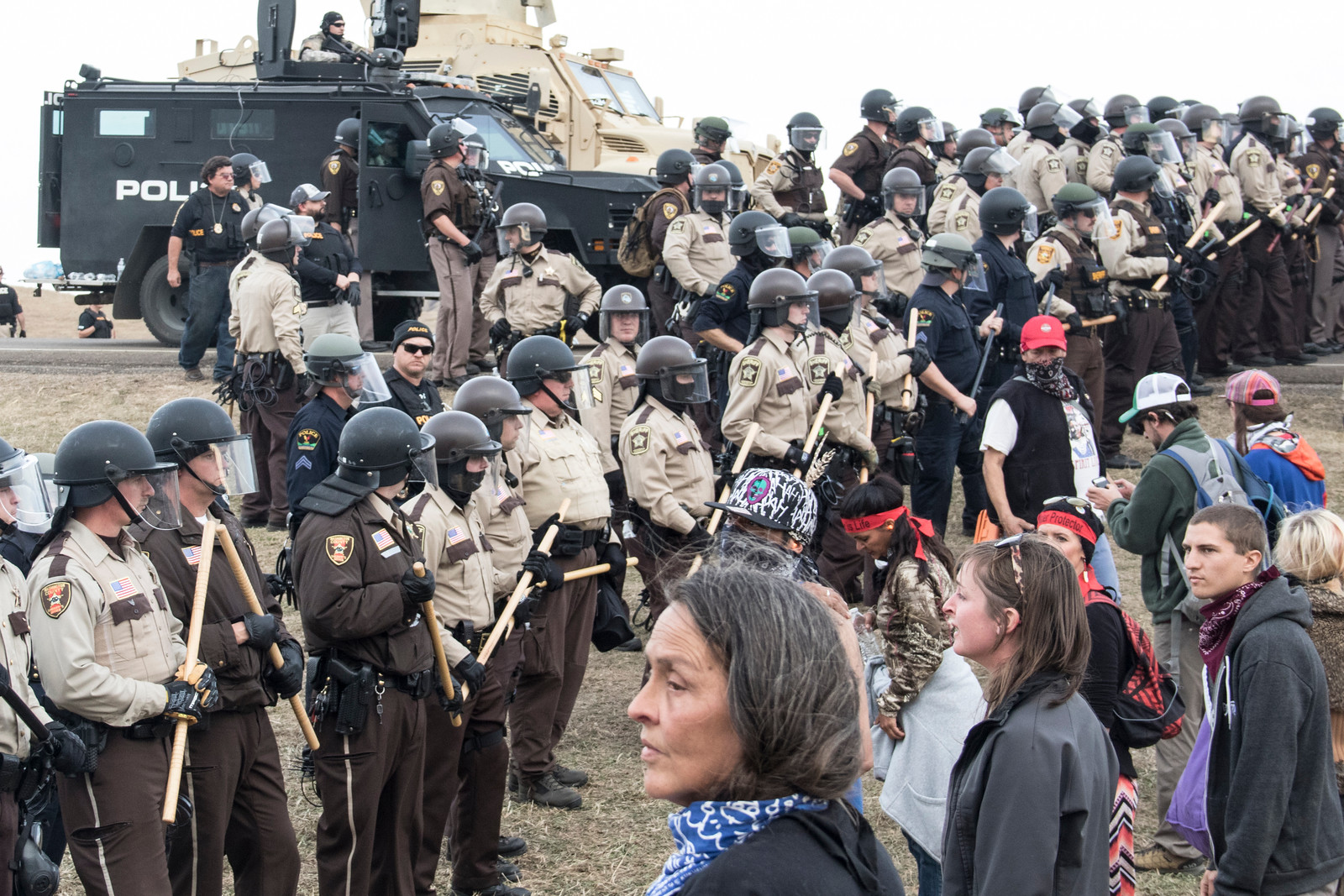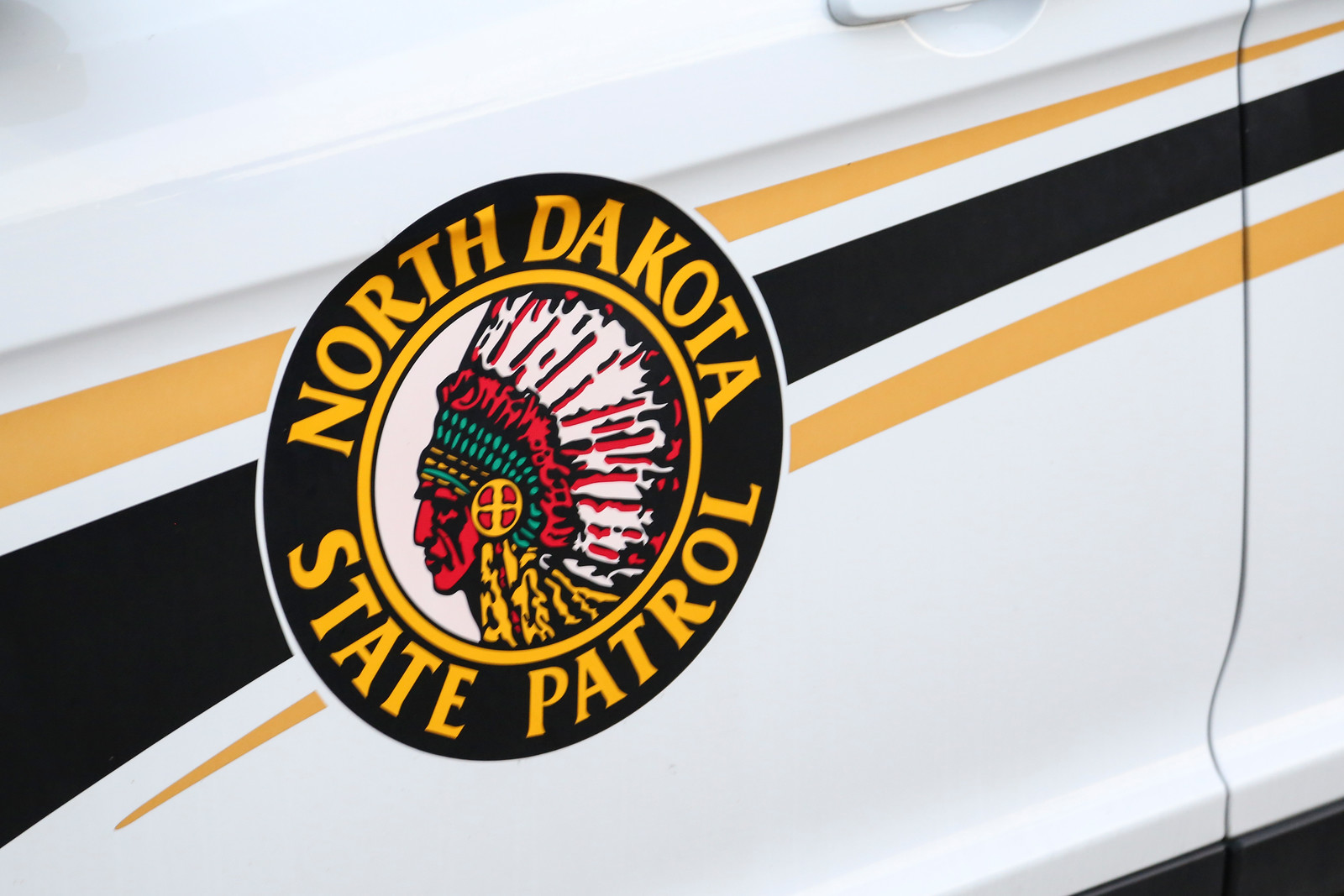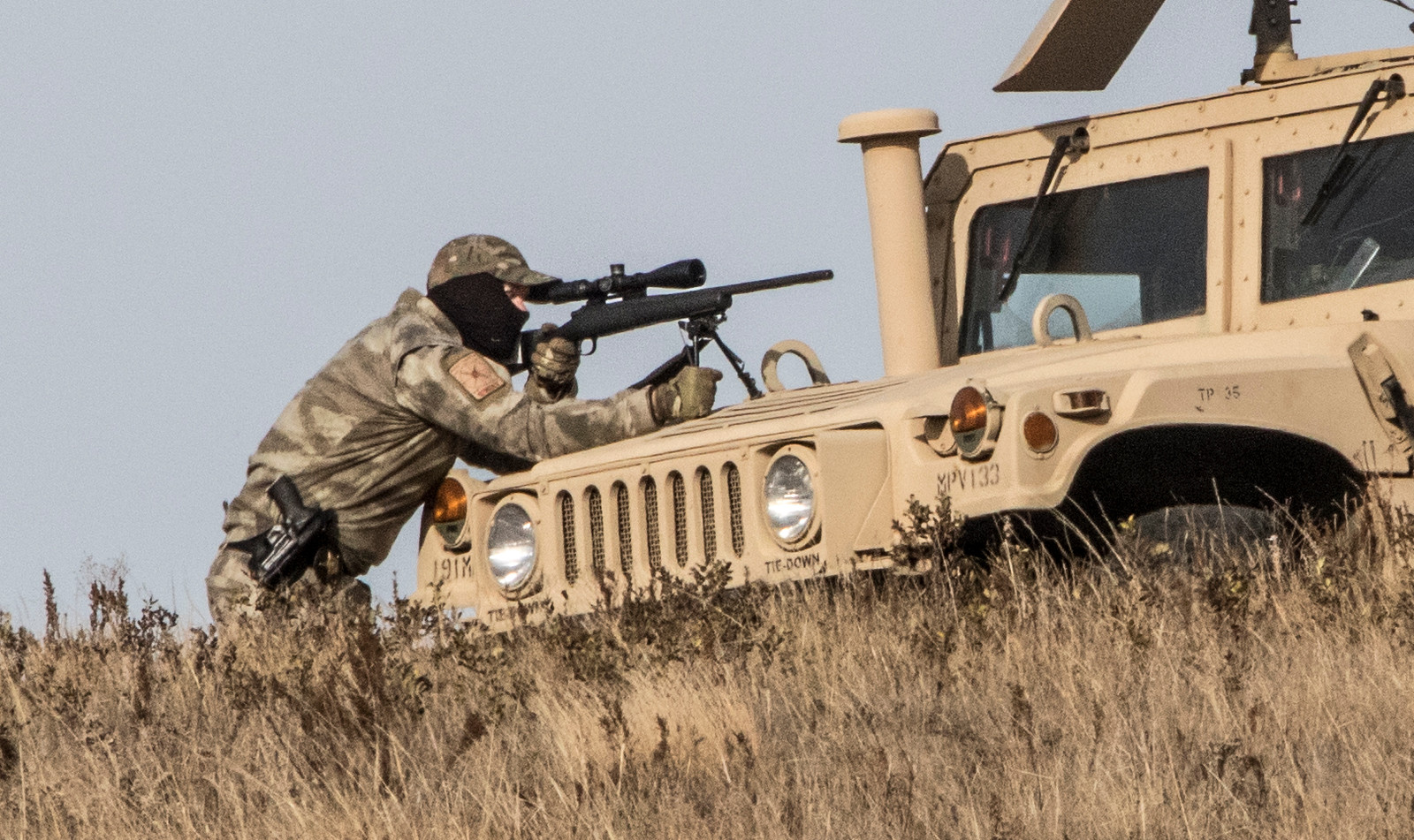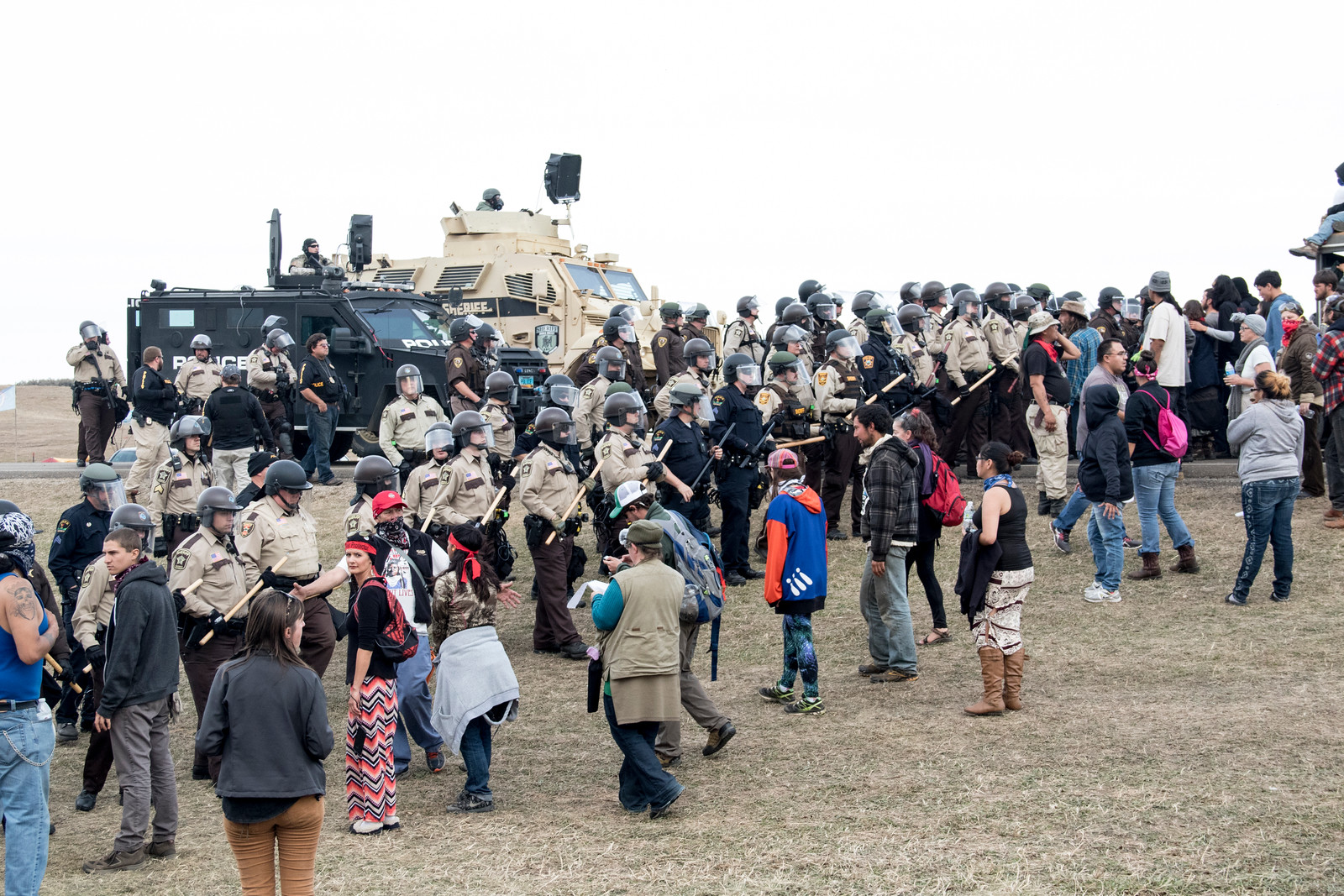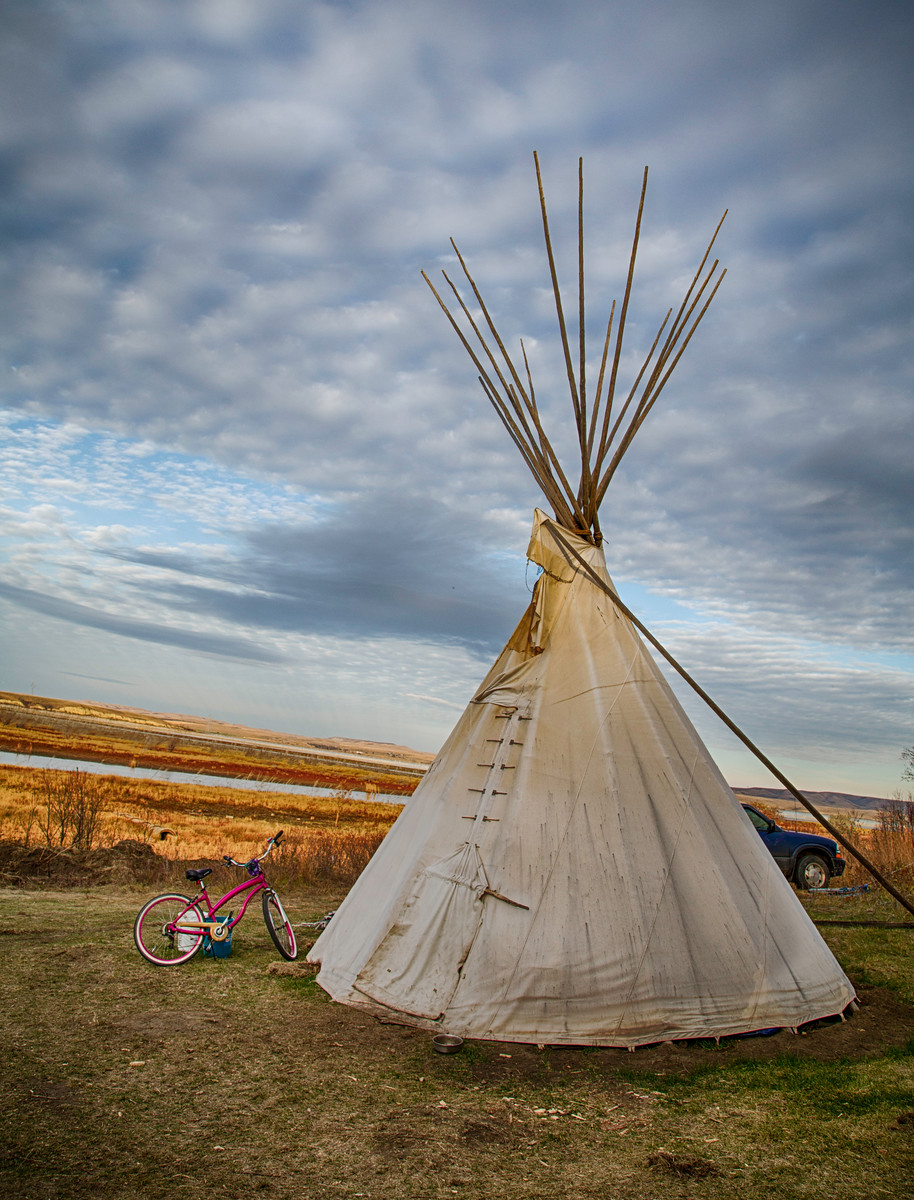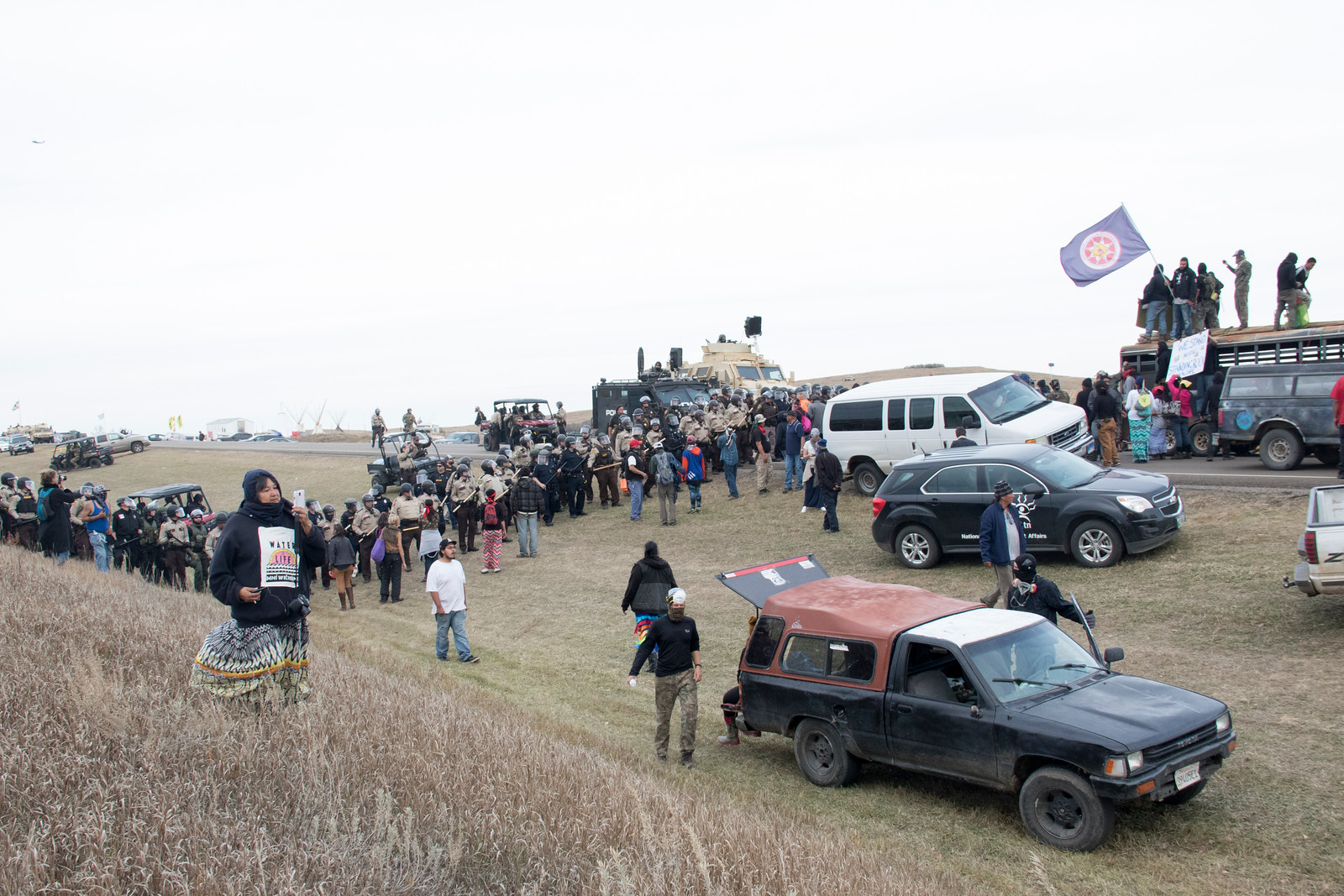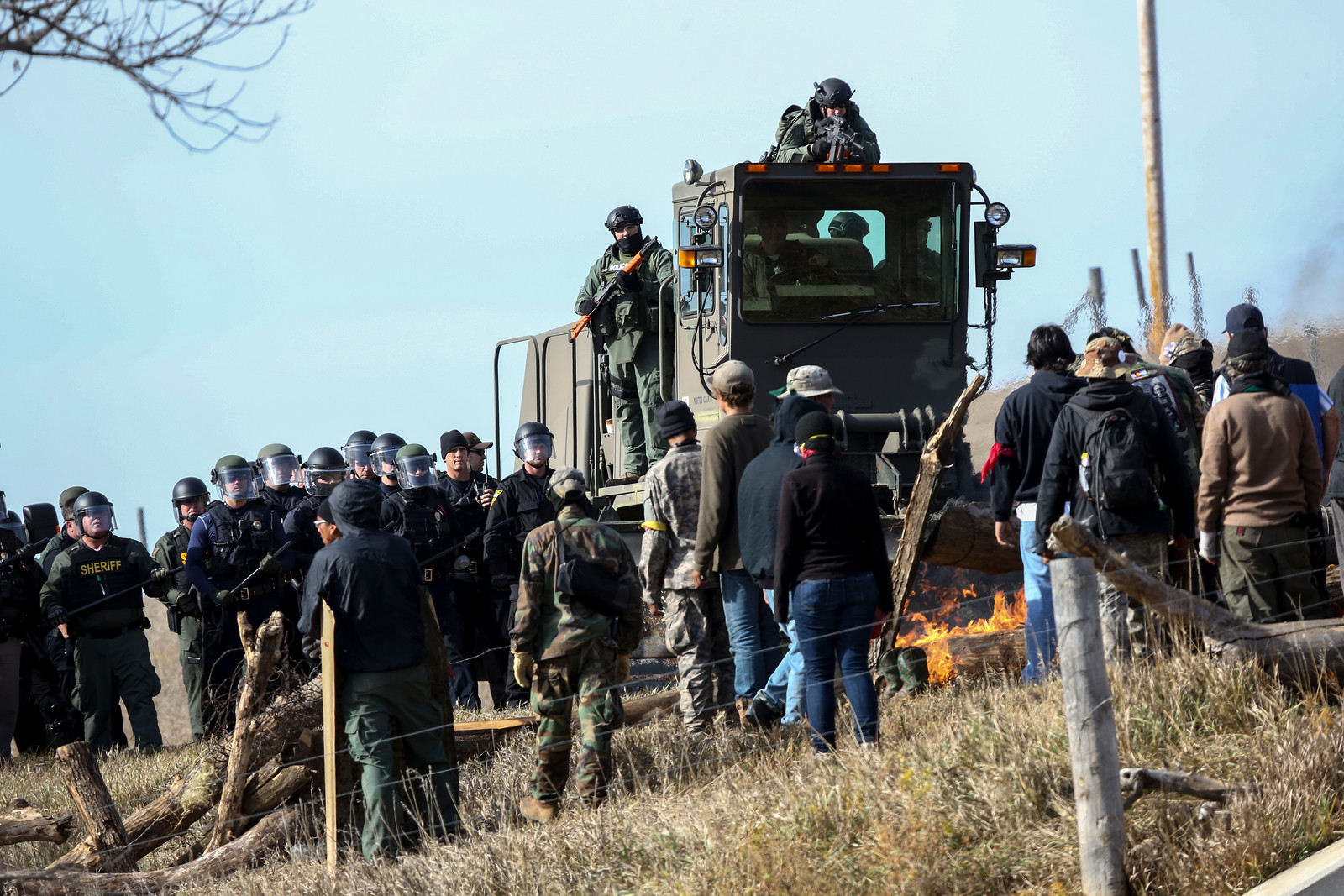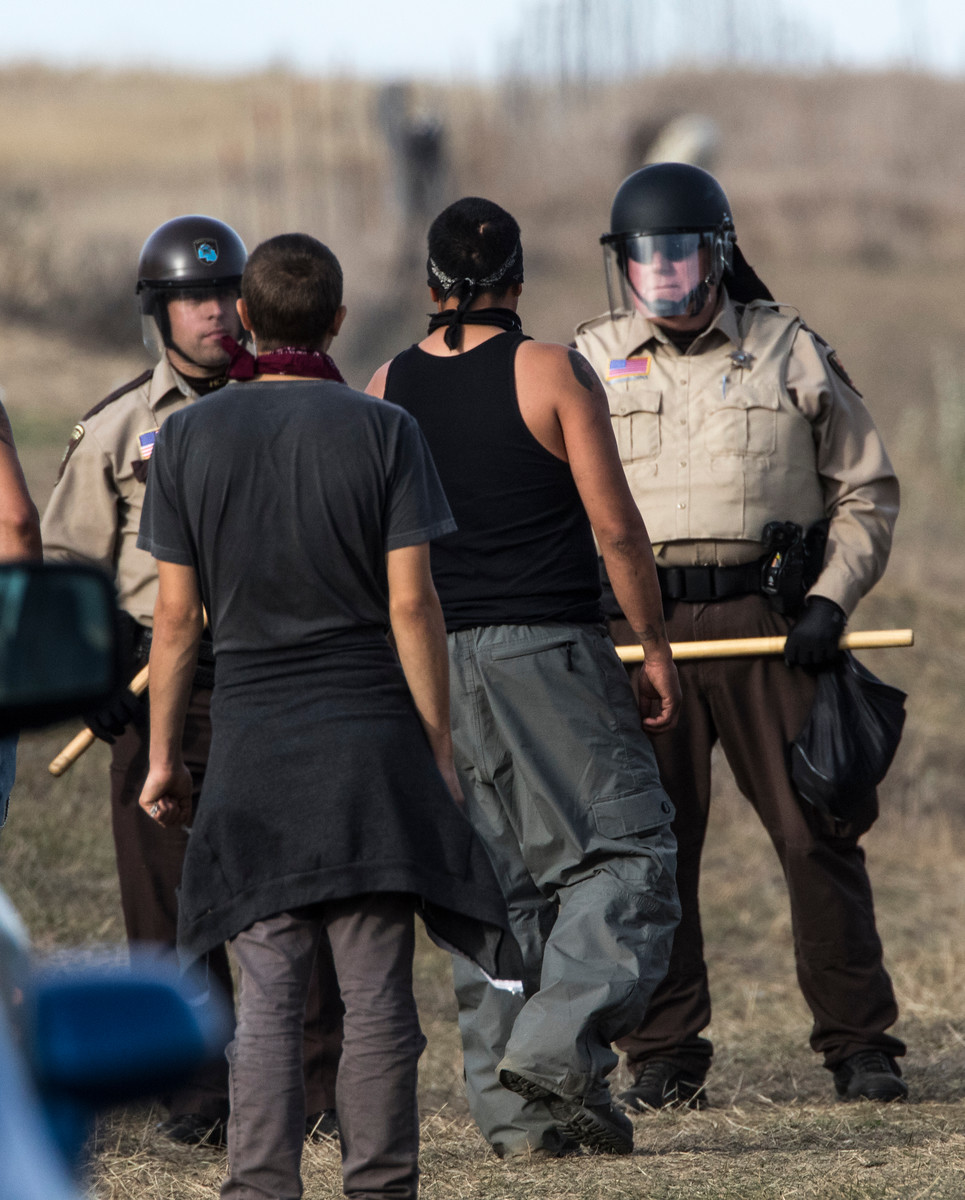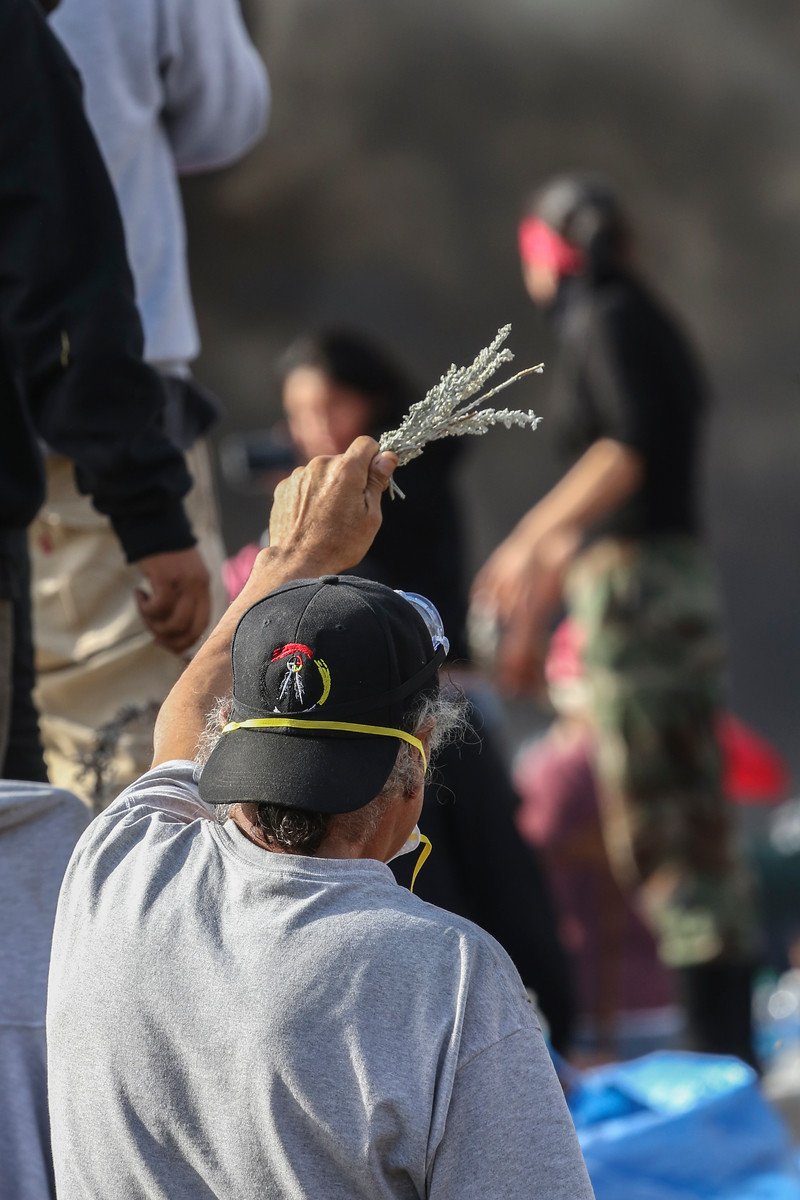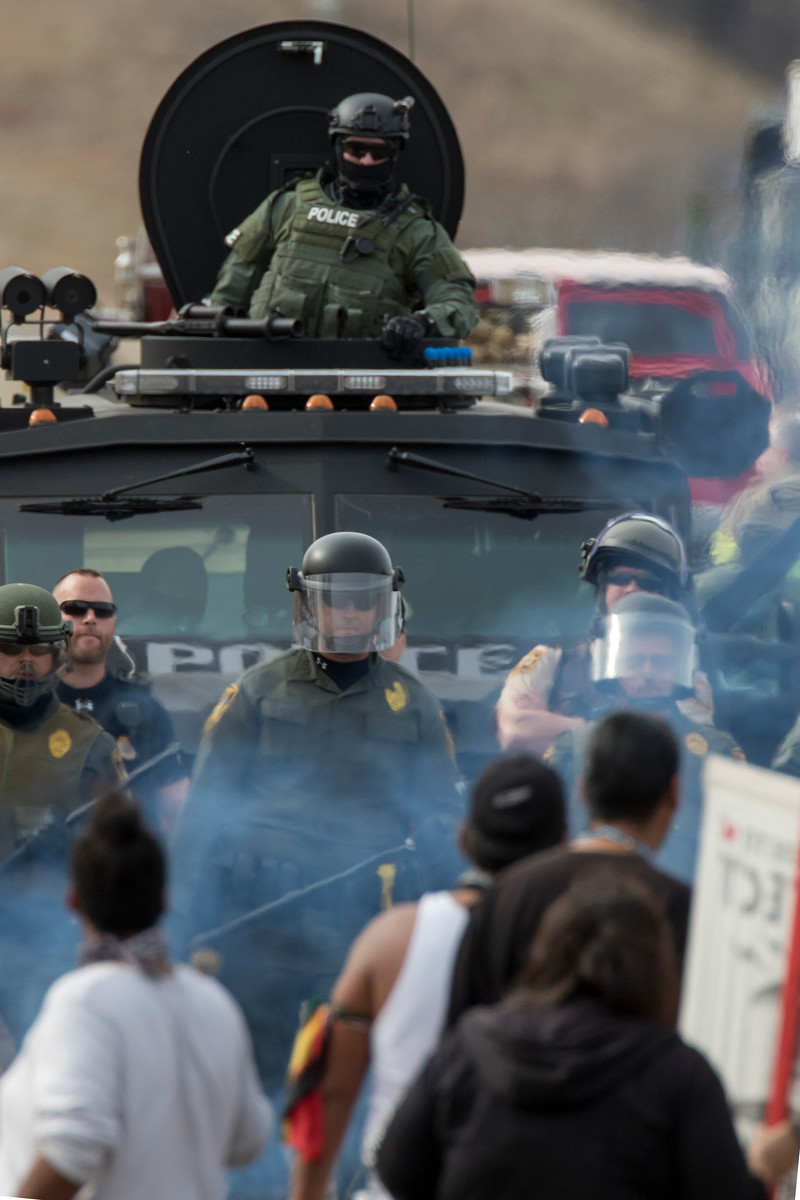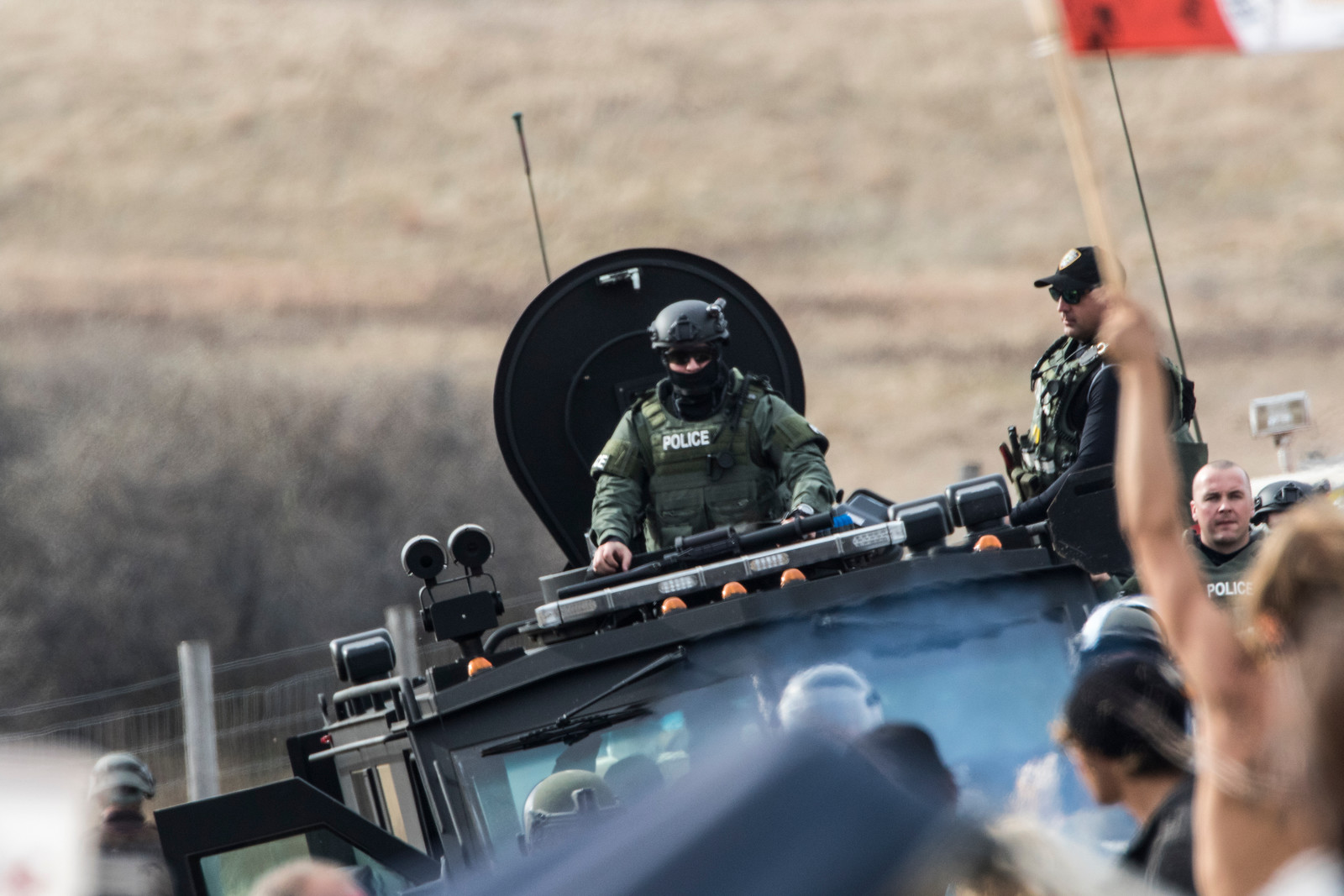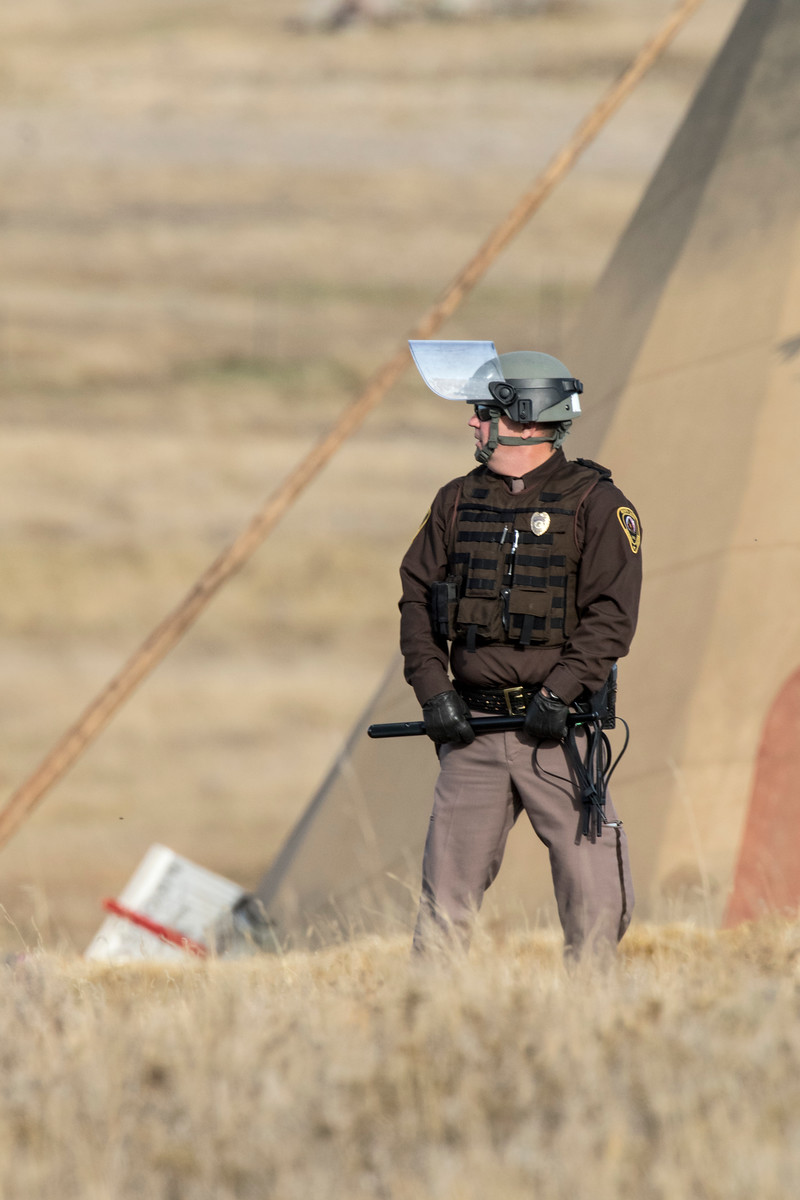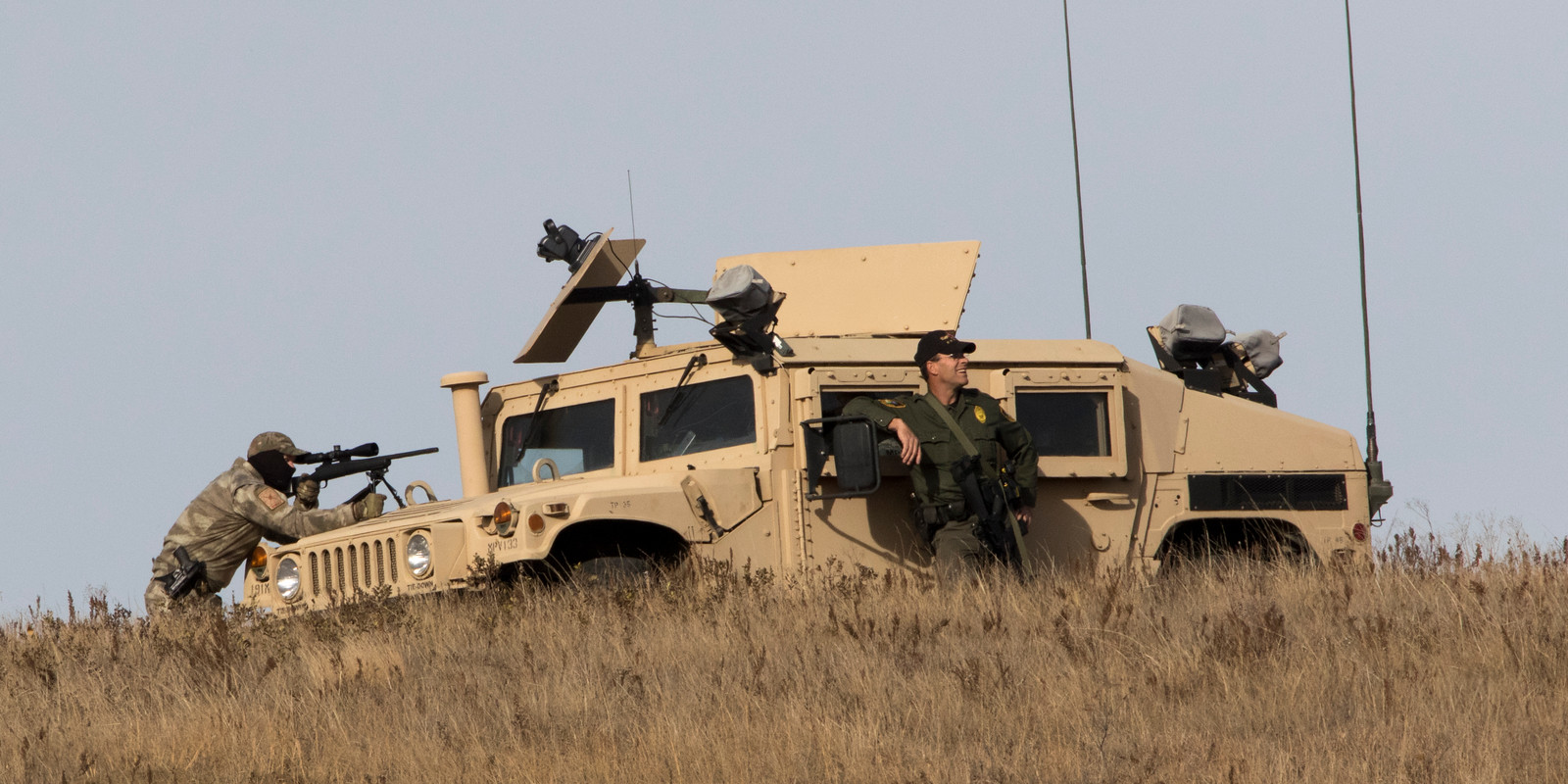Organ donors save lives in Indian Country, but there is a shortage of donors and it affects native communities particularly hard. Indian Country Today focuses on the issue with this article.
For Savanna LaFontaine-Greywind
Savanna...
She is our Daughter, our Sister, our Relative.
We grieve because Savanna will never be the Mother she was meant to be.
We grieve because her daughter's spirit chose Savanna but she will never be held in her arms.
We grieve because Savanna had her entire life ahead of her and it was stolen from her.
We grieve because they stole another one of our beautiful sisters... another one over and over.
We grieve because we have to and will need to again pull from the resilience and strength in our DNA, stronger than centuries of the effects from colonization.
We again send our love and prayers to a family who have lost a loved one, and to the community as a whole as we now collectively grieve another murdered and missing Indigenous woman.
Savanna LaFontaine-Greywind...
You are loved and you will not be forgotten.
-by Patina Park
Statement on the Race Riot in Charlottesville, NC
August 14, 2017
This past weekend the country witnessed the intensity of hate and violence provoked by the gathering of white supremacists and nationalists in Charlottesville, Virginia, for the “Unite the Right” Rally. Many of us watched it unfold on the news, in social media, and with live video feeds. People from across the country who align themselves against white supremacy and racism expressed shock, anger, disbelief, and feelings of hopelessness over what they witnessed. Though the rally was marketed as a protest against removing a statute of General Lee from a public park, many of the participants came armed with sticks, knives, shields, assault rifles and law enforcement-level body armor, clearly as a means of intimidation and force against those who would come to stand against their racism and white supremacy.
Our hearts are with the family and friends of Heather Heyer, who was killed by a violent act, and Officers Jay Cullen and Berke Bates, who were killed when their helicopter crashed while assisting law enforcement activities during the rally. We continue to pray for those who were physically injured and for those who were emotionally and spiritually harmed.
We respect the bravery of those who came from across the country to stand in solidarity and placed their lives in the direct line of vicious physical and verbal abuse.
We were moved by the continued show of solidarity against hate and racism that sprung up in cities across the country throughout the weekend and which continue.
But we ask those who were surprised that this level of racism continues to exist in this country to take a hard look at the racism that exists more covertly throughout the country, especially in your own world. As a Native American agency that works with our urban community, we see evidence of racism everywhere in the disparities that exist in all the areas we work to overcome. We see it in regard to housing, access to healthy, affordable food, education and graduation rates, child protection involvement, arrests and sentencing, employment, physical and emotional health, cancer rates, heart disease, sexual assault and exploitation, domestic violence, the list goes on and on. We see it in systemic responses which create further barriers for families to access services. We experience it in the standards used which encapsulate a white, middle-class model as the ideal for outcomes. We read it in the articles and hear it in commentary around entitlement and “welfare abuse” to justify cutting services and implying that our communities somehow earned or deserve their poverty and struggles.
The hateful, violent racism we all saw in Charlottesville was loud, vile, and reprehensible. However, the quiet, insidious racism and microaggressions that go on every day and which go unseen and perpetuated unknowingly by many non-POC individuals are just as violent to our communities. We need our allies to stand with us. We need our allies to listen to us. We need our allies to see racism, even when there aren’t Facebook live feeds.
Patina Park
The Missing and Murdered Indigenous Women's March, 2017
February 14, 2017, was more than just Valentine’s Day for MIWRC, our community, and others across the state of Minnesota. The third annual Missing and Murdered Indigenous Women’s March gathered hundreds to remember and mourn for the moms, daughters, grandmothers, sisters, aunties, and friends that have been lost. The purpose of this march was to raise awareness of a dangerous reality: Native women in Minnesota are dying as a result of domestic violence at alarming rates each year. In 2015, for example, Native women made up almost 25% of the total number of homicides related to domestic violence, even though they only make up 1% of Minnesota’s population.(reference) As disquieting as these numbers are—the real cost, the real pain these disparities are causing in peoples’ lives, was made clear at the march on Valentine’s Day. Dozens and dozens of handmade signs with photographs and names of loved ones send messages beyond the reach of data.
To all our relatives who are, “Lost but not forgotten,” on Valentine’s day and every day, we love and honor you.
For more information on this issue, see the following:
- 12015 Femicide Report
- Futures Without Violence Report
- MINN POST Article 2-14-17
- Duluth News Tribune Article 2-14-17
by Ashley Butner
MIWRC Segment on Native Report
MIWRC was featured in a segment of Native Report. See the Video
Minnesota Department of Human Services Excellence Award
MIWRC received a 2016 Commissioner's Circle of Excellence Award from the Minnesota Department of Human Services. See the video
Regaining Spiritual Wealth
University of Minnesota students from the College of Education and Human Development interviewed Suzzane Koepplinger, our previous Executive Director, for their Our Callings Blog where they interview people who have found their calling in life. It's a good read!
Stay Strong
Our Executive Director, Patina Park, sent this email to the staff this morning, November 9, 2016:
I went to bed last night in shock and woke up feeling numb.
I know all of you are experiencing many feelings about this election. We are now facing an unknown administration with very little experience and no experience in government. But we will continue. We will face whatever comes with the same fierce determination, strength, and commitment we always have. We have the resiliance and and power of our ancestors, who continue with us.
So pray. Pray for our leaders, including our President Elect, that they will do their best for ALL people in America. Pray for all those who woke up fearful for their families and lives. Pray for each other. The power of our prayers is infinite.
My friend Joe Hobot posted this last night after the election results became clear. I share these beautiful words with all of you.
"Despite the Westward Expansion of a brutal and violent invader ...
We can still hear the drum
Despite the repeated crackle of rifle fire at Wounded Knee ...
We can still hear the drum
Despite the beatings and lashings and deafening silence behind the walls of Boarding Schools ...
We can still hear the drum
Despite the gas and clubbing at Standing Rock ...
We can still hear the drum
Despite what we may see before us now - we will still hear the drum ...
Take heart, be strong, live in honor of all who came before and let us get to work to on behalf of all who are coming next
Let us hear the drum again and move forward together towards destiny, liberation..."
Resilience. What Does This Mean?
Walk in prayer. What does this mean?
On our first trip to the Oceti Sakowin Camp, we pulled in at approximately 12:30 am. We were weary from the road, so much so that everything was funny. Even our experience of almost getting stuck in a ravine, and having to reverse out of it with two cars behind us. We found a clearing to put up our little camp. There we were with our lighters in hand trying to put our tents up. A young gentleman came up and offered assistance. I don’t feel he pitied us, rather he welcomed us and even let out a couple of chuckles because he too found it humorous. We put up the tent but because we were so tired we decided to go without the rain guard, which was the best decision ever. We fell asleep to a blanket of stars. The next day, a young man came up to our crew and offered a hygiene packet. It is just that way. Guests are honored. We are raised to treat our guests with hospitality, even going so far as to offer them the most comfortable bed, and of course the best of coffee. I ran into my Cousin Tink and Uncle Robert that day as well. Hugs were given and received as if no time had passed since the last time we seen each other. We aren’t strangers. Not only do we share DNA, but we share common experiences, memories, determination, and a healthy sense of humor.
We were there the day DAPL security released their dogs on the People. That was a hard day. All I could think of was my precious pretty Walda. Walda is a 7 month old golden retriever who believes with every fur of her being that everyone is her friend. She is quick to wag her tail, and quick to show you just how easy it is to sit and shake. Love comes easy. Hate, not so much. That night, I fell asleep to the sound of drumming and a man talking about the importance of staying in prayer. I woke the next day thinking of the last conversation I had with my Grandma. The last face to face conversation I had with my Grandma was when she was in a nursing home in Rapid City, SD. My Aunties, Uncles, and even my Mom had said that Grandma was losing her hearing and possibly even her mind. I’m not a boisterous person. In fact many people tell me to speak louder. That day, Grandma never requested that I speak louder. I never had to repeat myself, and our conversation never wavered outside the topic at hand. Grandma told me to never let go of the land, because if we did that we would lose ourselves, and we would have nothing left. I made a promise to my Grandma that day. Everything I would do from that day forward, would be with the land in mind. Which brings me to wonder how law enforcement agencies not of Lakota Treaty Territory has the ability to arrest Lakota People and their guests on Lakota Treaty Territory guaranteed to them via the 1851 Fort Laramie Treaty? According to the United States Constitution Article VI Clause 2, also known as the Supremacy Clause, “This Constitution, and the laws of the United States which shall be made in pursuance thereof; and all treaties made, or which shall be made, under the authority of the United States, shall be the supreme law of the land; and the judges in every state shall be bound thereby, anything in the Constitution or laws of any State to the contrary notwithstanding.”
We just got back a couple of days ago from our most recent trip to Standing Rock. Camp was heavy earlier in the week. But I saw something happen on Thursday (11/3/16), I felt something happen on Thursday, and I witnessed something happen on Thursday. We were sitting there around a fire in the evening with a woman who fed us, drinking tea and having some deep conversations sprinkled with humor. DAPL's lights were shining ominously on the bluff above camp. Planes could be heard circling above. Something happened. I don't know what. But the drums began, singing began. Something sparked the Camp. Laughter, drumming, dancing, and a sense of purpose, humility, and relatedness returned.
Resilience. What does this mean? Despite the lights, planes, and other tactics meant to wear us down, we can still be found amongst our relatives in laughter.
Walk in prayer. What does this mean? There is power in prayer. But not power in the literal sense. The power that is prayer gives one a sense of purpose, humility, and relatedness.
Mitakuye Oyasin.
by Dawn Bjoraker
Grandma and me
Me and cousin Tink
Me and uncle Robert
Images From Standing Rock
Photographer John A. Anderson was at Standing Rock and sent us images hoping we would share them, see below. If you want to see more from his time with the Protectors, follow this link to his page (jarthuranderson.smugmug.com). His photos document the actions that the militarized police have been taking.
Bringing Supplies to Sacred Stone
Sacred Stone Camp, August 28 2016.
A bunch of us from MIWRC went to the Oceti Sakowin Camp in late August to bring supplies, donations, and to see if there was anything we could do to help. I have been to a few protests and protest camps, so I expected the usual charged atmosphere complete with the ego-boosted hot-heads going around talking like they are some kind of savior (who were most likely spies trying to incite violence to discredit the movement), or the super-entitled trust fund activists who look down on everyone who are not as “enlightened” as they are, or the “I’m down with the people” potheads who just want a real cool time and a really good game of hackysack, and the list goes on. I saw none of that. I shouldn’t have been surprised. This is not a protest camp, it is a camp full of people protecting the water, everyone's source of life, and the environment.
I saw people working together creating a culturally relevant space that was also inclusive. I saw people cleaning up after themselves and each other. I saw children playing and everyone looking out for them. I saw people chopping wood to keep the fires going. I saw folks talking about peace and tradition. I saw people walking around with sage and cedar cleansing the areas and inviting others to smudge. I saw people cooking and feeding people. I saw caring and love.
When we walked to the gate of the construction site, there were prayers and offerings. There was silence and respect. Prayer ties lined the fences of the desecrated land. The fence was hung with banners from too many nations to count, supporting the Oceti Sakowin. The mood was solemn and prayerful. My spouse and I were tired and out of water, so we went back to the camp to help one of our friends with her children and to cool off. The majority of the Protectors went on to where the company was destroying sacred burial lands. That is where the dogs were set loose on the Protectors and a journalist was arrested. We didn’t hear about it until later that day. We couldn’t help but notice the helicopter that was hovering low over the camp and the drones that kept poking up over the hillsides though.
That evening, the mood around camp was sad. The gathering place around the sacred fire was full and elders were speaking wisely about how non-violence is the only true and powerful weapon, and that if we raise our arms in violence we will have lost our way and we would have no ground to stand on. If we were feeling like we needed to use violence we should go back to our families to heal and not hurt the people who are still in the fight. And that there is nothing wrong with leaving to take care of yourself and others because there are many people to continue the fight in the right way, the only way that will win. The Company people were trying to get us to be violent so they can come in and wipe us out. I am only paraphrasing here, not as eloquently as those who spoke, but these are the things I remember being said.
I come from a family that has hidden its Native heritage. I was lucky enough to know and spend time with my grandfather’s siblings who had native pride. I like to think some of my core values come from my Aunt Delores and my Uncle Jack, and also my father who couldn’t pass for white. The things said around the sacred fire really struck a chord in me. I felt like I was with family, once again hearing how they spoke.
by Randy Vickers
At the gate, after they prayers, before the protectors moved further down the road
